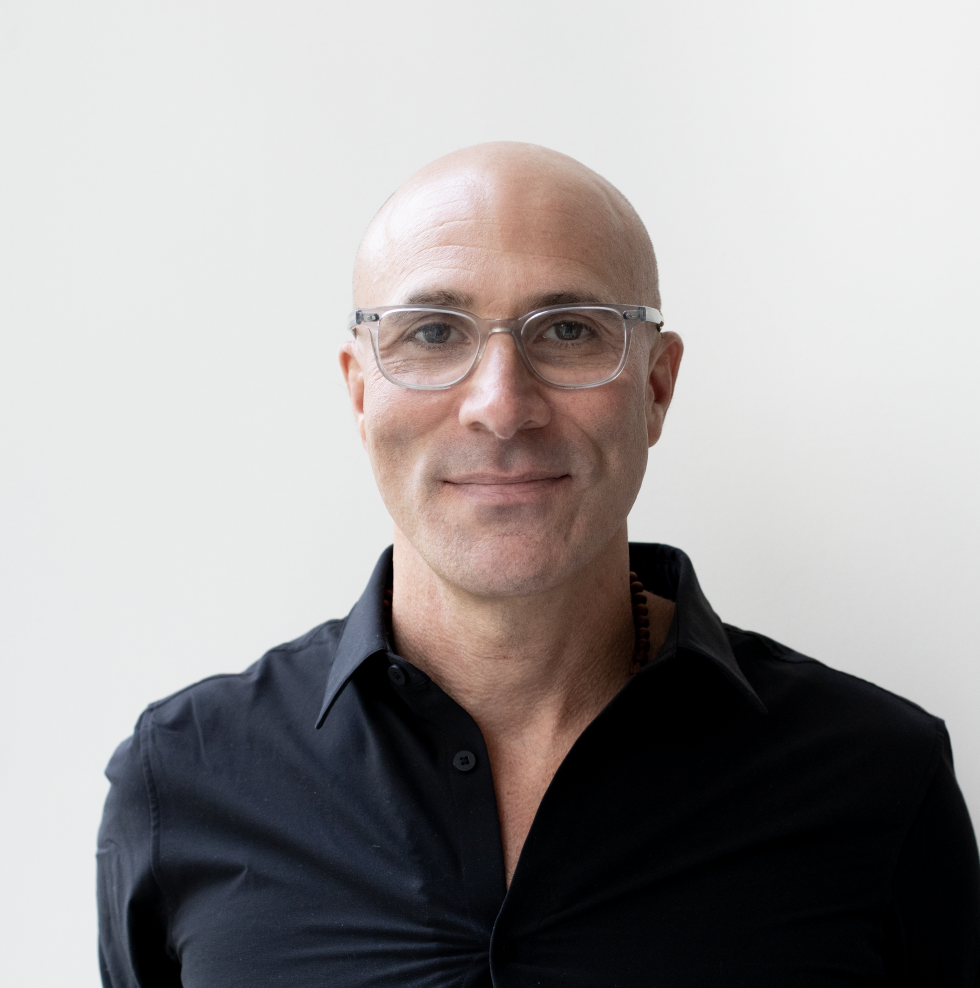Clinical Counselling
Treatments & Conditions
- Grief
- Stress
- Trauma
- Anxiety
- Bullying
- Burn-out
- Depression
- Gender issues
- Life transitions
- Relationship issues
-
Counselling is a form of “talk therapy,” where the client has a safe, non-judgmental, confidential environment to talk about their issues, problems, feelings, intrusive thoughts, and all types of challenges. The counsellor is there to guide this journey, helping the client discover the connections between past experiences and present feelings and behaviors.
Some clients might fear it is difficult to talk about feelings and negative thoughts, but counseling is more than that.
-
Clinical counsellors use best practices and evidence-based techniques to help individuals, couples, and families navigate challenges. Learning new skills encourages self-empowerment, which improves emotional and mental well-being.
A clinical counsellor opens the door to new perspectives, strategies, and coping skills that provide people with choices, insight, and positive change. Counsellors help people recognize their own strengths.
We are big fans of this quote from world-renowned psychiatrist Irvin Yalom: “Perhaps symptoms are messengers of a meaning and will vanish only when their message is comprehended.” Understanding the messages of our mind and body is essential to a healthy life.
-
The counselling process can incorporate different techniques, other than just talking to have an impact on the client, such as drawing, movement, diagrams, analogies, or even fantasies.
-
Each counsellor will have a bit of a different interview process to start out your work together, but remember, they need to get to know you and also, you need to get to know them for the relationship to work. The first appointment will be about building the relationship and getting to know each other.
The counselling process can help the client understand the person for who they are and their frame of reference. During the therapeutic process, the client always discovers hidden resources and powers to help them overcome their challenges.
-
Counselling can help overcome and cope with depressive and anxious feelings, grief, and different types of trauma. It can also help to see clarity in life-changing situations, relationship issues, life transitions. Clients can seek guidance with gender issues, burn-out, bullying and all other challenges in life.
Meet Your Practitioners


